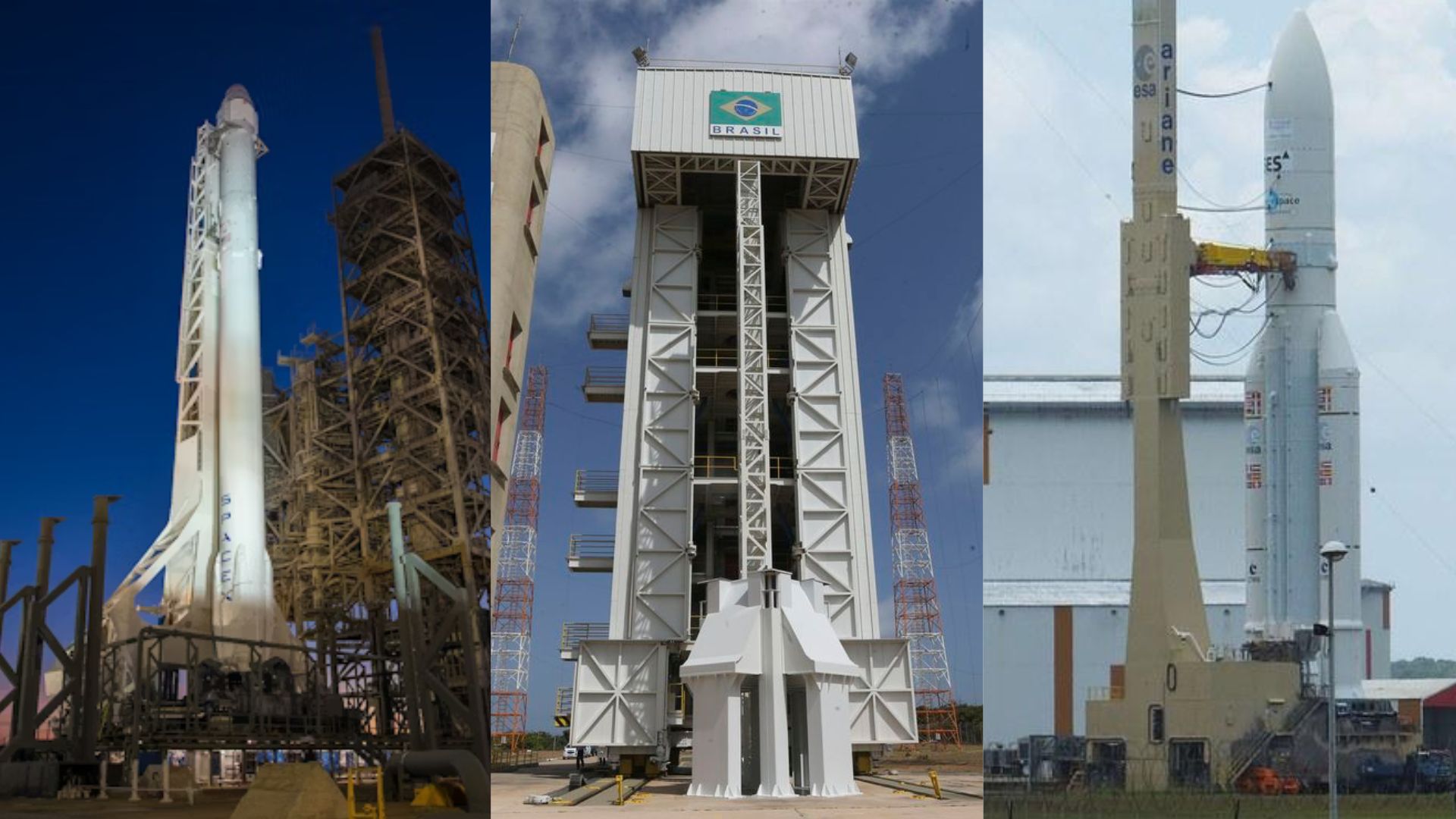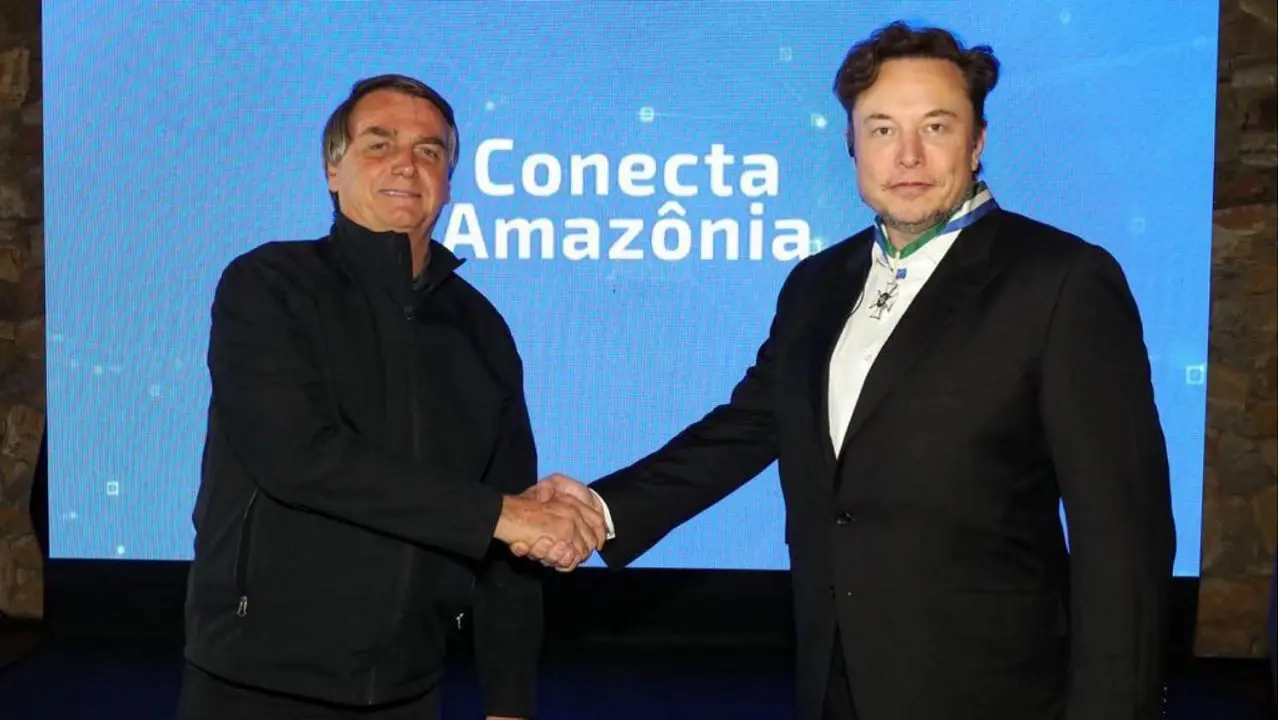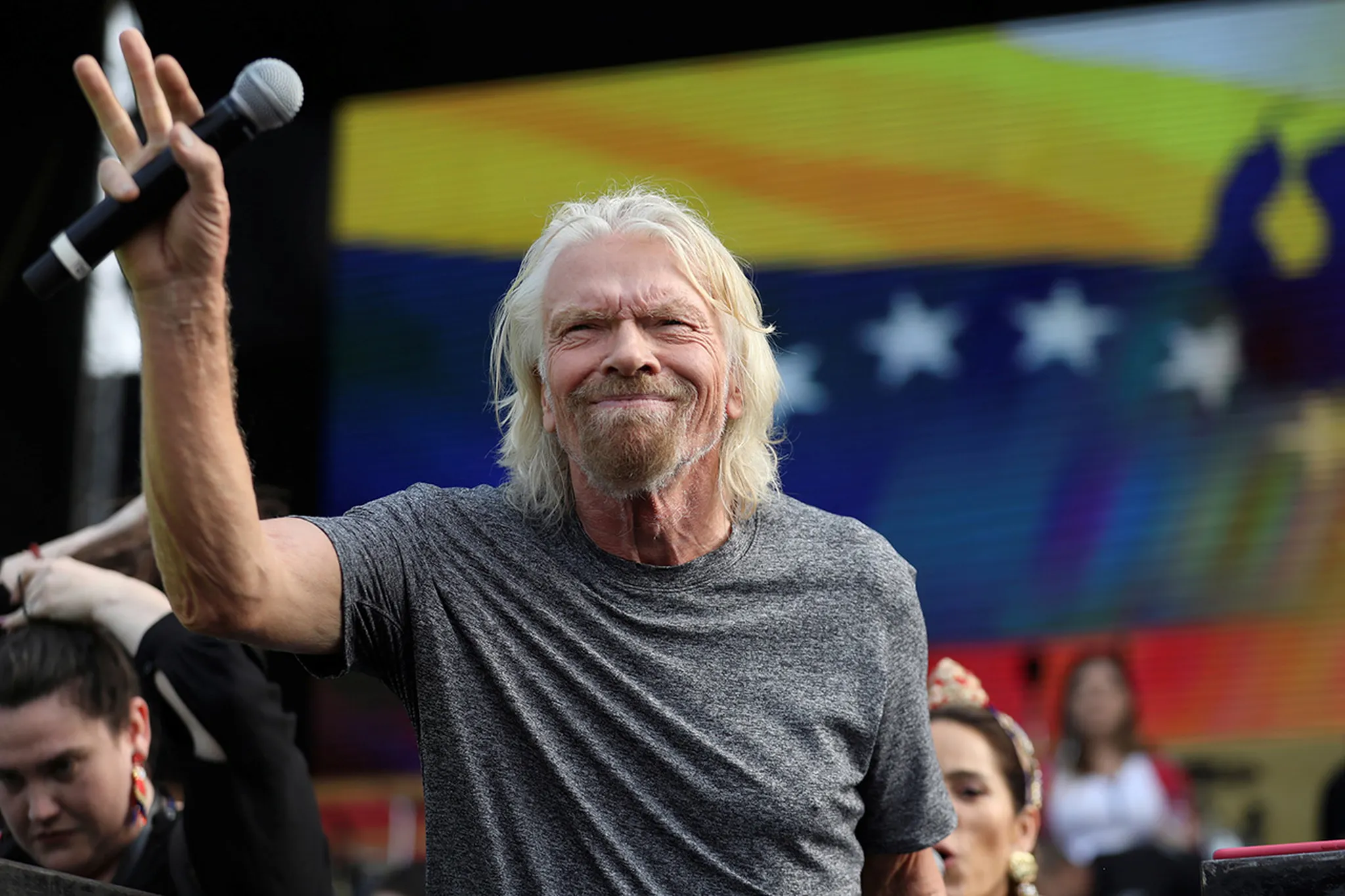María Corina Machado delivered Cabruta to Elon Musk
Marcos Salgado
“We are going to take the rockets out of Cabruta”, said María Corina Machado in a public message to Elon Musk, during a ‘live’ last week. Her interlocutors, Venezuelan comedians, immediately celebrated the witticism. Perhaps they must have understood that the reference to a small town in the geographic center of Venezuela was a discursive coincidence. But no. It does not seem to be.
It is difficult to believe in coincidences when talking about rockets and Musk. The tycoon has been deploying since 2019 an extensive network of satellites for high-speed Internet connection. In June this year he completed more than 6,000 satellites in orbit, but the plan is much more ambitious and foresees twice as many devices: almost 12,000. In addition, it maintains a plan to reach Mars.
Musk’s satellites are launched from Cape Canaveral, in the Florida peninsula, in the United States. That launch pad is above the 28th parallel in the northern hemisphere, a location that is far from optimal for launching rockets into space, especially for placing satellites in orbit.
The best possible locations for this task are closest to the equator. At these latitudes the rotation of the Earth gives the rocket a high inertial velocity and requires less positioning maneuvers. Generally speaking, the most important thing is that the closer the launch pad is to the equator, the less fuel is spent (and that’s a lot of fuel a rocket burns to leave the atmosphere).

Also, for the same reason, from lower latitudes, more complex and heavier objects can be placed in space with less fuel and easier positioning maneuvers.
The problem for Elon Musk is that the Equator does not pass through the United States. Cape Canaveral is more than 3,000 kilometers from the zero parallel. While in Venezuela, the town of Cabruta, referred to by MCM when she thinks of Elon (or “Ilon”, as she names it, flaunting English pronunciation) is near the 7th parallel north, about 900 kilometers from the equator.
Thus, Cabruta becomes much more than a distant town on the banks of the Orinoco, and much less than a coincidence in María Corina Machado’s mouth.
Elon, looking south
Musk’s interest (and that of U.S. elites in general) in having a more efficient launch pad for its space program is not new. During Jair Bolsonaro’s administration in Brazil, eyes were on the Alcantara Space Base, thebest located in the world, just 2 degrees south latitude.
During a visit by Bolsonaro to Trump in March 2019, an agreement was reached for the use of that base by the United States. The “Technology Safeguards Agreement” was approved not without resistance in the Brazilian Congress, in December of that year.
In May 2022, Musk met with Bolsonaro in Sao Paulo. The chronicles of the meeting are full of praise for projects for the development of the Amazon and Internet connection in the strategic territory.

But the political times were not enough for Bolsonaro and Musk. In January 2023, Luis Inacio Lula Da Silva returned to the Planalto Palace, and the plans in Alcântara slowed down. Paradoxically, today the main stumbling block to U.S. plans at Alcântara are the inhabitants of the area, the quilombolas, descendants of emancipated slaves who oppose an eventual expansion of the strategic base.
The other major launch site in South America is the Kourou Spaceport (5 degrees north of the Equator), in French Guiana. It is one of the busiest centers in the world, but operated by the European Space Agency it is closed to Musk, with an increasingly bad relationship with the old continent.
Hegemonies
Thus, it is clear that Venezuela is much more than the world’s main crude oil reserve. Its strategic position is also appetizing for interests of growing importance. One of the characteristics of the new moment of the space race is the emergence of global plutocrats over the States.
It is no coincidence that Musk (first global fortune), and also Jeff Bezos, of Amazon (the world’s second billionaire) have their own plans in space. Also the British Richard Branson (the same of the concert “Venezuela Aid Live” in Cúcuta, in 2019, with Iván Duque, Mike Pence and others, at the height of the Guaidó strategy) has his own space subsidiary, Virgin Orbit. Plus a known interest in Brazil’s Alcantara base.

All these billionaire interests clash, of course, with sovereign strategies of States, and need friendly governments, willing to deliver resources and in this case geostrategic positions in exchange for political and economic support. The case of Milei in Argentina and his love affair with Musk and lithium is clear in this sense.
The government of Nicolás Maduro has denounced in the last weeks that Musk and Bezos supported and financed MCM’s move to attack the vote count of the National Electoral Council and disregard the results by brandishing an unverifiable tally, hand in hand with an offensive in the media and networks.
This was accompanied by the generation of an insurrectional climate after the elections, which failed in a few hours.
One of the differences of this new right wing with respect to the neo-liberalism of the last decades is its boldness in announcing what they want to do, without too many ambiguities. Just as Milei in Argentina, Machado in Venezuela shamelessly shouts out his strategic offers. The difference is that Milei won, while MCM is in dire need of an international backing. From governments or plutocrats?
*Periodista argentino del equipo fundacional de Telesur. Corresponsal de HispanTV en Venezuela, editor de Questiondigital.com. Analista asociado al Centro Latinoamericano de Análisis Estratégico (CLAE, estrategia.la).
